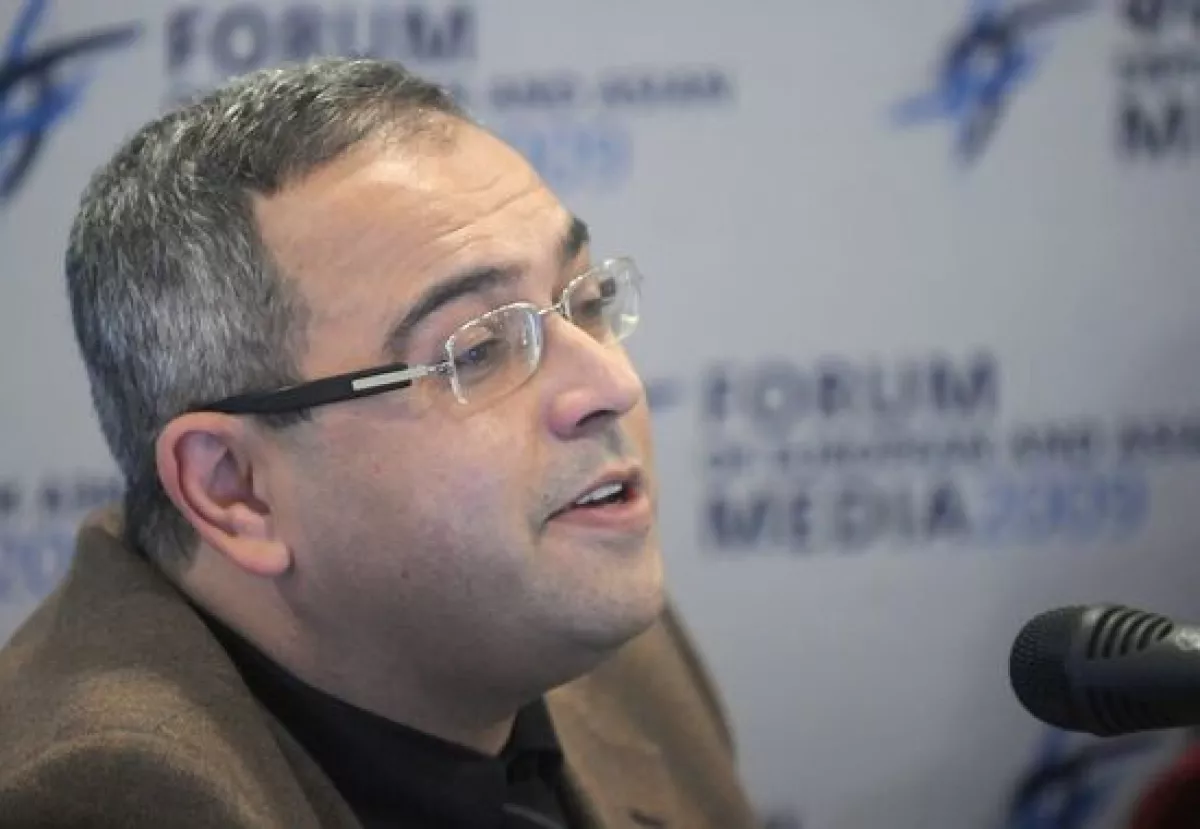Trump, Azerbaijan, and the future of the Armenia-US Charter Expert opinions on Caliber.Az
The new U.S. administration is re-evaluating the policies of its predecessor, with particular attention to the recently signed agreement between Armenia and the U.S. According to Matthew Orr, an analyst on Eurasian issues at the Stratfor Center for Applied Geopolitics (RANE), the Trump team will assess the geopolitical advantages of this document for the U.S.
"Furthermore, the new administration is even more hardline towards Iran, and it views Türkiye and Azerbaijan as countries that can counterbalance Iran in the region. Therefore, it is crucial for them to maintain good relations with Azerbaijan. The U.S. will have a certain tilt towards Azerbaijan—this is a cold geopolitical calculation," emphasized the expert.
The Charter on Strategic Partnership recently concluded between the U.S. and Armenia does not envision significant U.S. intervention in the event of military escalation between Baku and Yerevan, Orr explained. "Since the new administration wants to strengthen relations with both Türkiye and Azerbaijan even more than the previous administration did, I believe it will not intervene decisively," the expert concluded.
What do these statements from the American analyst imply? How might relations between Baku and Washington evolve in light of his remarks? And what conclusions should Yerevan draw from this development? Could these prospects prompt Yerevan to accelerate its efforts toward a peace agreement with Azerbaijan?
Leading experts shared their insights on this issue with Caliber.Az.

American analyst and commentator Samson Katzman acknowledged that recent developments, including Trump's statement on the inadmissibility of Iran obtaining nuclear weapons and the Charter on Strategic Partnership between the U.S. and Armenia signed just a week before his inauguration by the previous administration, have raised a number of questions among observers. These questions concern potential changes in U.S.-Azerbaijan relations and the prospects for a peace agreement between Baku and Yerevan.
"The Trump administration is characterized by pragmatism and the absence of any excessively ideological approaches. The cancellation of a vast number of orders by his predecessor is simply unprecedented. Undoubtedly, at some point, the aforementioned charter will be reconsidered. Azerbaijan is an important regional player, and in light of the goals set by Trump, its unique geographic position and opportunities cannot be ignored. I suspect that some form of interaction between the two countries is already underway.
Regarding a peace treaty between Armenia and Azerbaijan, if both sides have a clear and motivated desire to sign it, Washington would certainly take on the honourable role of a peacekeeper. Especially given the policies Russia is pursuing in the post-Soviet space, which are causing great concern among its closest neighbours. One should not expect any dramatic changes in the U.S. position on the normalization of relations between the two South Caucasian countries. However, I don't think the U.S. approves of Yerevan's close ties with the Tehran regime," stated Katzman.

"Let’s not rush," suggested analyst Rashad Rzaguliyev in turn.
"The forecasts of Matthew Orr are certainly interesting and important. However, we cannot yet precisely predict the course of processes in our region. Undoubtedly, Trump's 'revolution,' his initial geopolitical moves, and the revision of established legal narratives in interstate relations provide hope for warming ties between the U.S. and Azerbaijan. But this story cannot be viewed in isolation. It’s no secret—friendships in global politics are always intertwined with mercantile interests.
We do not yet know the U.S.'s long-term strategy regarding Iran, Russia, and even Türkiye. Nor are there clearly articulated directions for the new American geopolitics across the entire Middle East and South Caucasus region," the political scientist notes.
Trump’s initial statements on the Israeli-Palestinian settlement, the future of Gaza, and the situation in this part of the Middle East shocked many and have, so far, met soft but noticeable resistance from several key actors in the process, he recalls.
"Trump supported Israel, Netanyahu threatens Iran. Meanwhile, his close ally, Elon Musk, is showering compliments on the Islamic Republic of Iran, promising to flood it with hundreds of millions of dollars in investments. Such inconsistency in high-level statements is hard to believe. Just as it’s hard to imagine anyone contemplating buying into Iran’s ideological and diplomatic machinery.
Regarding the Russia-Ukraine war, there are even more contradictory American calls and statements. The word 'deal' can be heard from all sides of the bloody conflict. Yet, there is no clarity at all about the prospects for an agreement. Trump is attempting to position himself as a 'mediator,' even though the U.S. and over 50 other countries have long been parties to the conflict, supporting Ukraine in its struggle against Russia's aggression.
U.S.-Turkish relations are a ‘Gordian knot’ of problems accumulated over decades of semi-hostile escapades. There are issues with Israel, the Kurdish question, Türkiye’s involvement in NATO, and much more.
I’m not even mentioning the 'cold war' unfolding within the United States itself, where Trump supporters are battling the so-called 'deep state.' We don’t know Trump’s plans or the powerful forces behind him. What we are witnessing is a grand political spectacle designed to conceal their true objectives and ambitions. All we can do is wait for clarity and be ready for action at any moment," Rzaguliyev believes.








